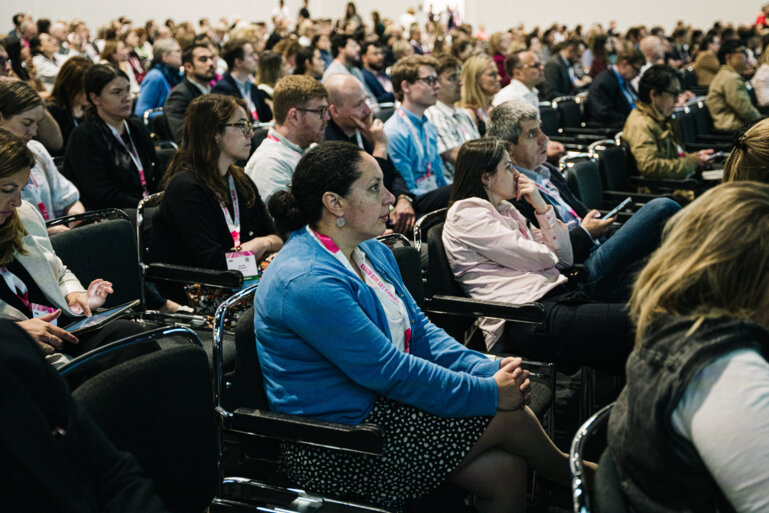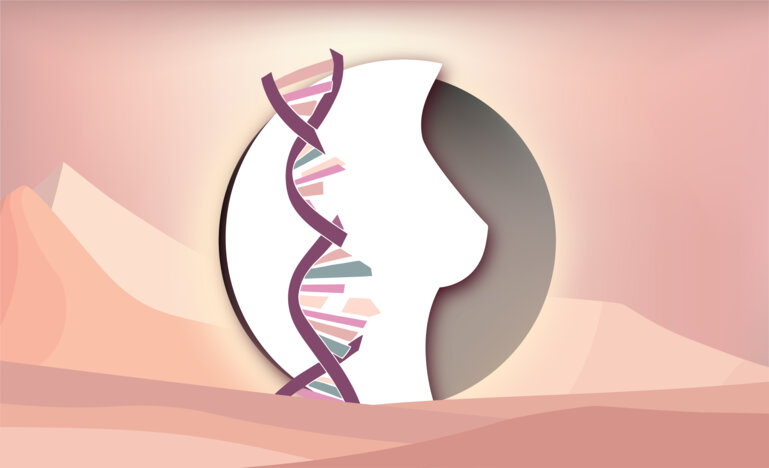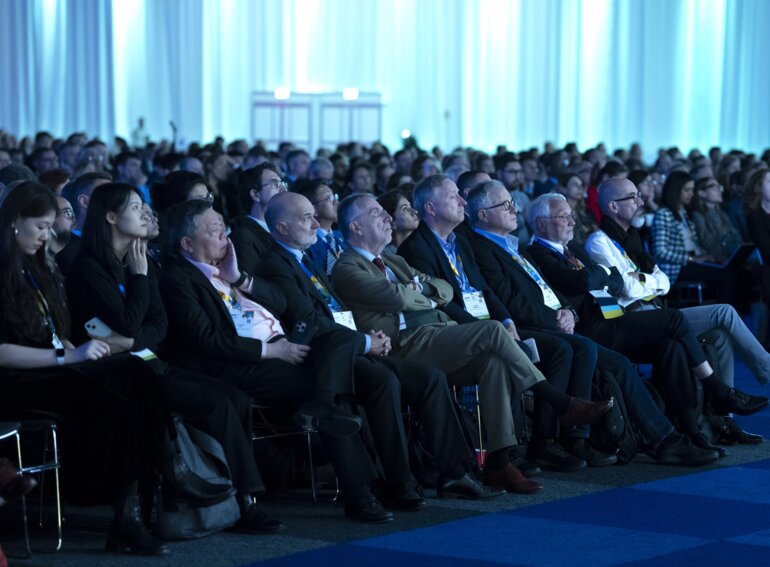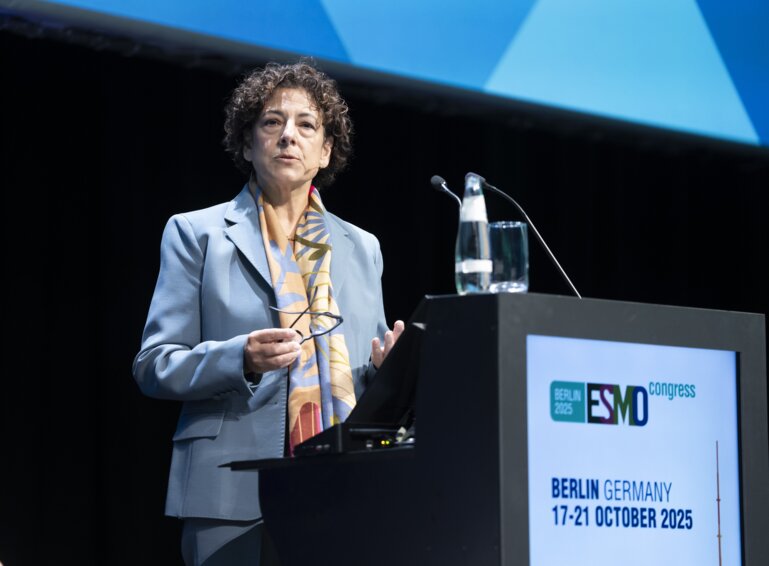No difference in risk recurrence or pregnancy outcomes was reported between young women with BRCA1 or BRCA2 mutations conceiving naturally and those using fertility treatments
For young women with a history of breast cancer harbouring BRCA mutations, undergoing assisted reproductive techniques (ART) did not appear to negatively influence maternal prognosis or pregnancy outcomes in a first analysis of a global study, as presented at the ESMO Breast Cancer 2024 (Berlin, 15–17 May) (Abstract 266O).
While controlled ovarian stimulation (COS) for oocyte/embryo cryopreservation before starting chemotherapy and ART following treatment completion have proven to be safe in women with breast cancer, concerns still exist for those carrying a germline pathogenic variant in the BRCA1 or BRCA2 genes, who represent 10-15% of patients aged 40 or younger at first diagnosis (Lancet Oncol. 2018 Feb;19(2):169-180), and are at increased risk of ovarian cancer and new primary breast cancer.
The BRCA BCY Collaboration (NCT03673306) is an international, multicenter, hospital-based, retrospective cohort study investigating the safety of conceiving after breast cancer in a population of 4732 BRCA carriers from 78 centers in 26 countries. In a cohort of 659 women who had a pregnancy after breast cancer, 436 conceived naturally and 107 underwent some ART, including oocyte/embryo cryopreservation at diagnosis, COS following use of anticancer therapies and embryo transfer following oocyte donation.
At a median follow up of 9.1 years, no significant difference in disease-free survival (DFS) was observed between the two groups, with 13 and 118 DFS events in the ART and spontaneous pregnancy groups, respectively (HR 0.64, 95% CI 0.36-1.14; log-rank p=0.147; adjusted HR 0.72, 95% CI 0.38-1.33).
Also, women who conceived with ART were reported to have more miscarriages (11.3% vs. 8.8%) and less induced abortion (0.9% vs. 8.3%) compared to those who had a spontaneous pregnancy, although the differences between the two groups were not statistically significant.
“These data provide reassuring evidence that pursuing fertility preservation before undergoing breast cancer treatment, or using the products of fertility preservation (eggs or embryos) or undergoing fertility preservation after surviving breast cancer, all appear to be safe from a cancer standpoint and in terms of the baby’s outcome for young women with BRCA mutations,” says study co-author Prof. Ann Partridge, Harvard Medical School, and Vice-Chair of Medical Oncology at Dana-Farber Cancer Institute and Brigham and Women’s Hospital, Boston, USA.
Although the results need to be confirmed in prospective studies, they can help tailor counselling for BRCA carriers, which is particularly complex due to the psychological fear of transmitting the pathogenic variant to the offspring. As Partridge suggests, “these women might want to consider the use of ART for preimplantation genetic diagnosis to select embryos that do not harbour known pathogenic variants to avoid passing on a potential risk of hereditary breast cancer to the next generation.”
Abstract discussed:
Lambertini M, et al. Safety of assisted reproductive techniques in young BRCA carriers with a pregnancy after breast cancer: results from an international cohort study . ESMO Breast Cancer 2024, Abstract 266O
Proffered Paper Session 2, 16.05.2024, h. 16:45 – 18:05, Berlin Hall






